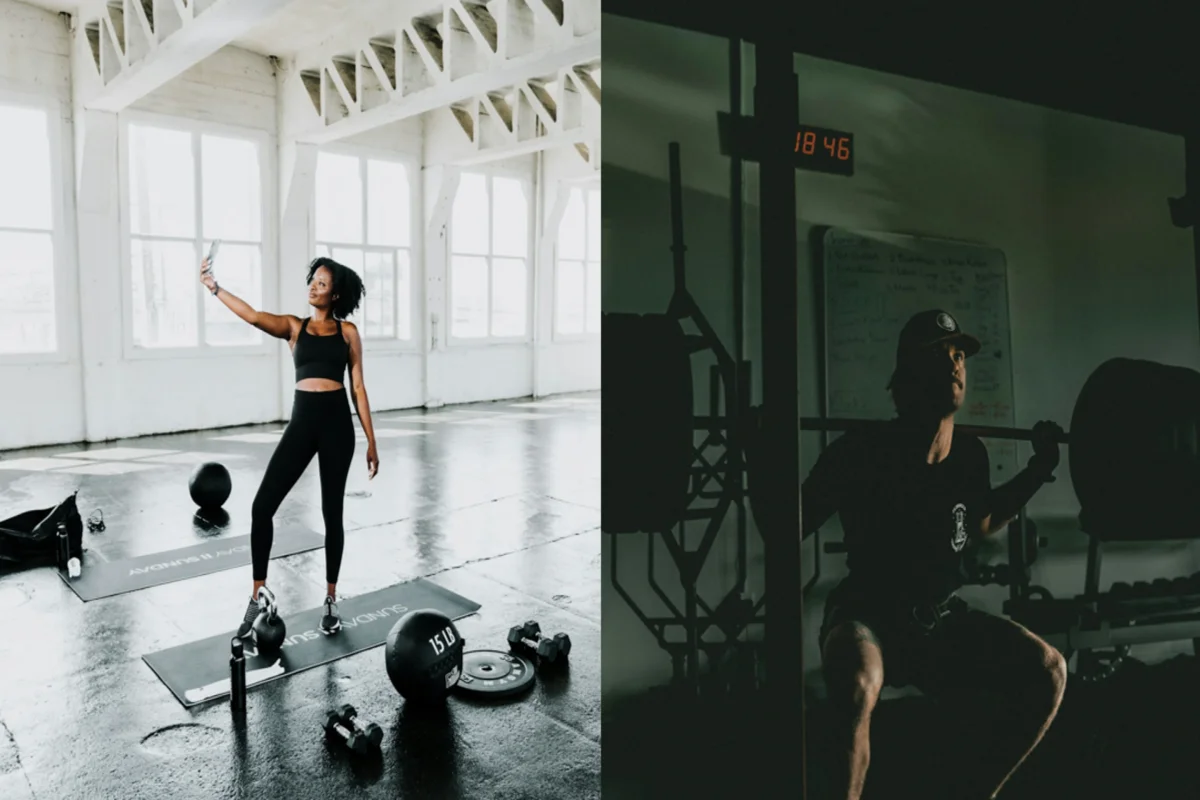 Monday, September 30, 2024
Monday, September 30, 2024Morning or Evening Workouts – When is it Most Effective?
The topic of when the best time for training is—morning or evening—is often debated. While some people swear that a workout early in the morning is the best way to start the day, others feel their fittest and most capable later in the evening. The answer depends on numerous factors, including your lifestyle, fitness goals, your body, and your personal preference. In this blog, we take a detailed look at the pros and cons of morning and evening workouts, provide practical tips, and help you determine what works best for you.
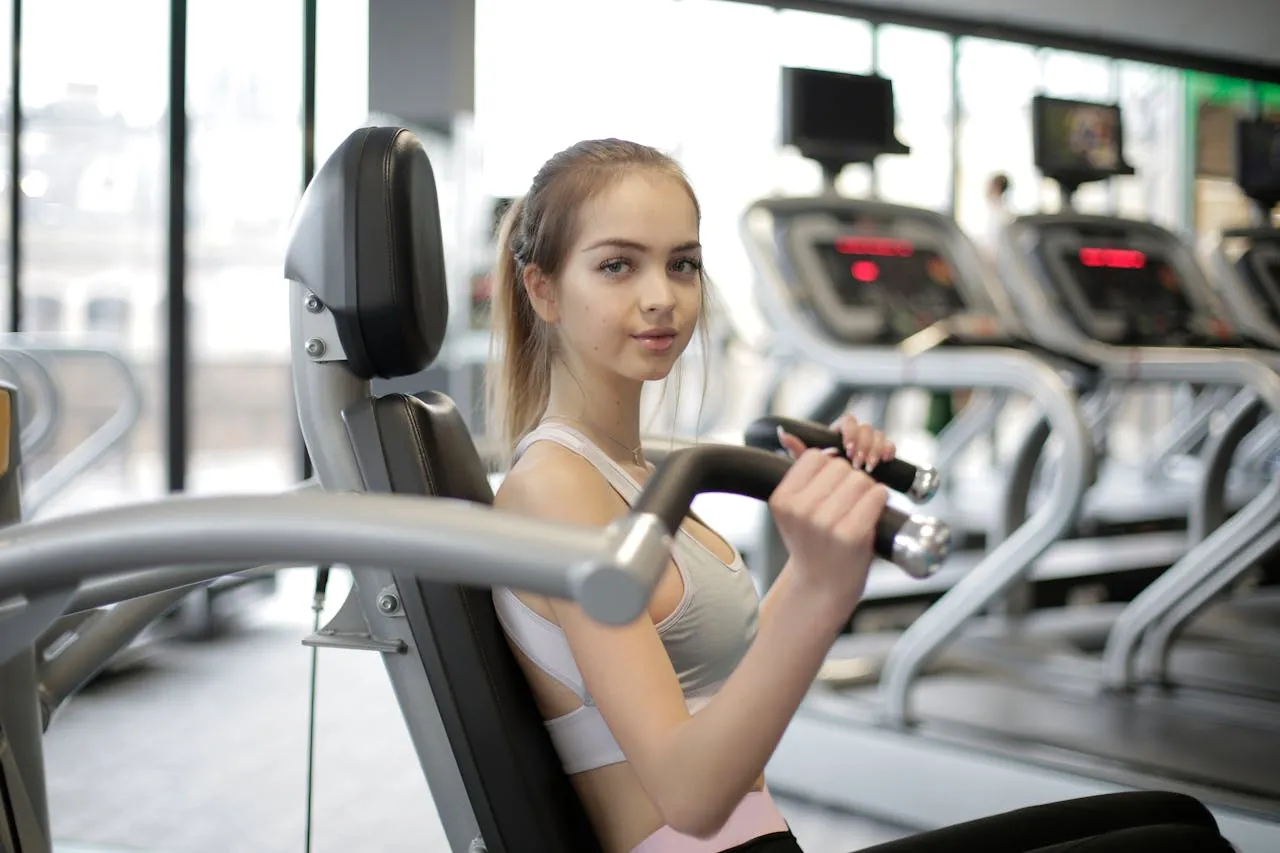
Morning Fitness: The Perfect Start to the Day
Benefits of Morning Workouts
Increased Energy and Boosted Metabolism
A morning workout acts like a cup of coffee for your body. It helps get your circulation going and activates your metabolism. When you exercise early, you start the day with an endorphin boost that not only enhances your mood but also improves your mental alertness. The so-called "afterburn effect," where the body continues to burn calories post-exercise, can last throughout the day, which is especially beneficial for those looking to lose weight.Improved Focus and Productivity
Exercising in the morning can also enhance your mental clarity. Studies have shown that regular exercise improves cognitive function. People who work out in the morning often report better focus and productivity during the day. With a positive start to your day, you'll also feel mentally fortified and ready to tackle daily challenges.Consistency and Habit Formation
Another significant advantage of morning workouts is the opportunity to develop a regular routine. Evenings often bring unforeseen distractions—be it due to work commitments, social activities, or sheer exhaustion from a long day. However, those who exercise in the morning have fewer excuses to skip their workout, making it easier to build a lasting habit.
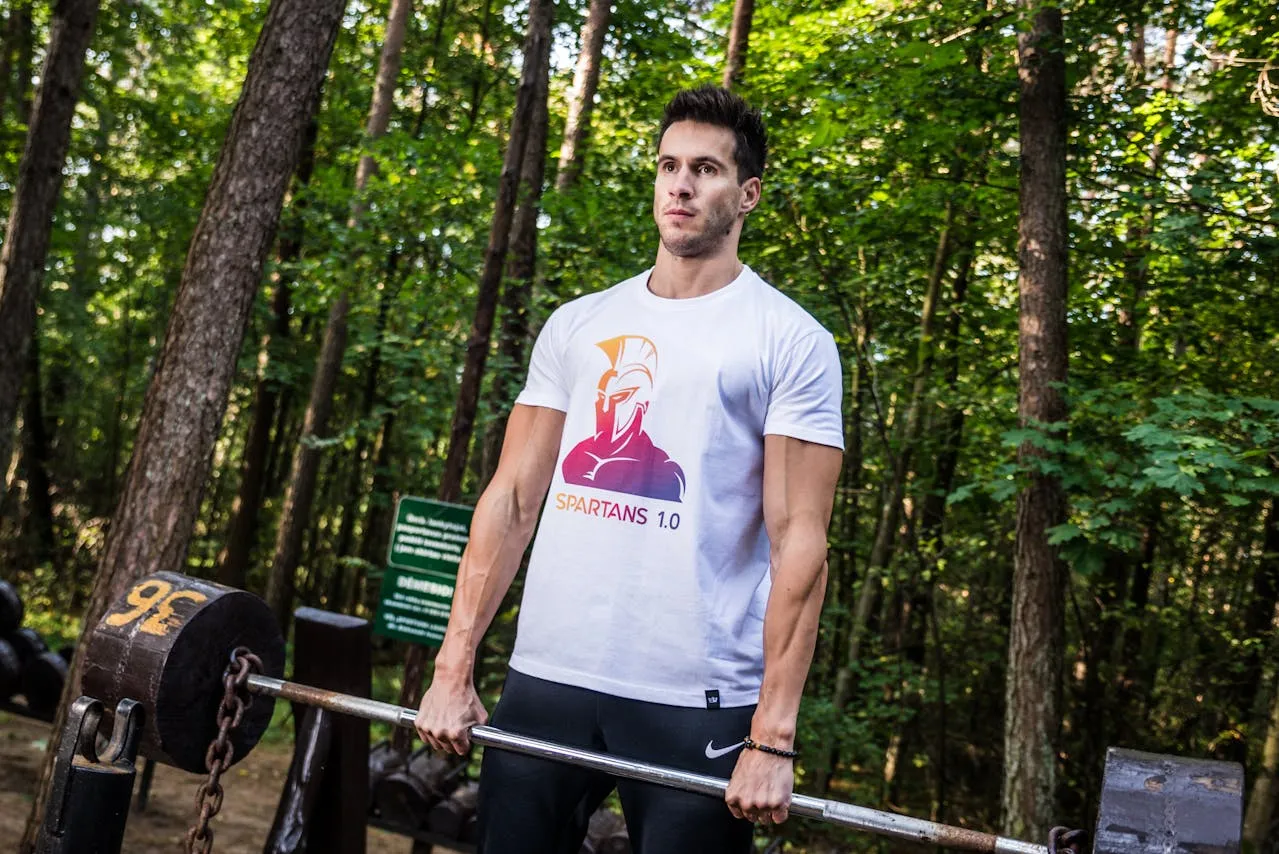
Drawbacks of Morning Workouts
Lower Physical Performance
Your body needs time to become fully functional after waking up. In the morning, muscles, joints, and tendons may still be stiff, and body temperature is lower. This means you may not have the same strength or endurance as you might have later in the day. A thorough warm-up is therefore particularly essential.Fatigue from Waking Up Early
For many, getting up early can be a challenge, especially if they haven't had enough sleep. Lack of sleep can impair performance and recovery, leading to feelings of fatigue during workouts and preventing you from reaching your full potential.

Recommended Morning Workouts
HIIT (High-Intensity Interval Training)
Short, intense workouts like HIIT are ideal for the morning. With just 15 to 20 minutes, you can rev up your circulation, burn fat, and kickstart your metabolism for the day ahead. Common exercises include burpees, squats, and mountain climbers.Yoga or Stretching
Gentle movements such as yoga or stretching exercises help wake up the body and relieve tension. Notably, the sun salutation sequence is a popular routine that energizes and prepares the body for the day ahead.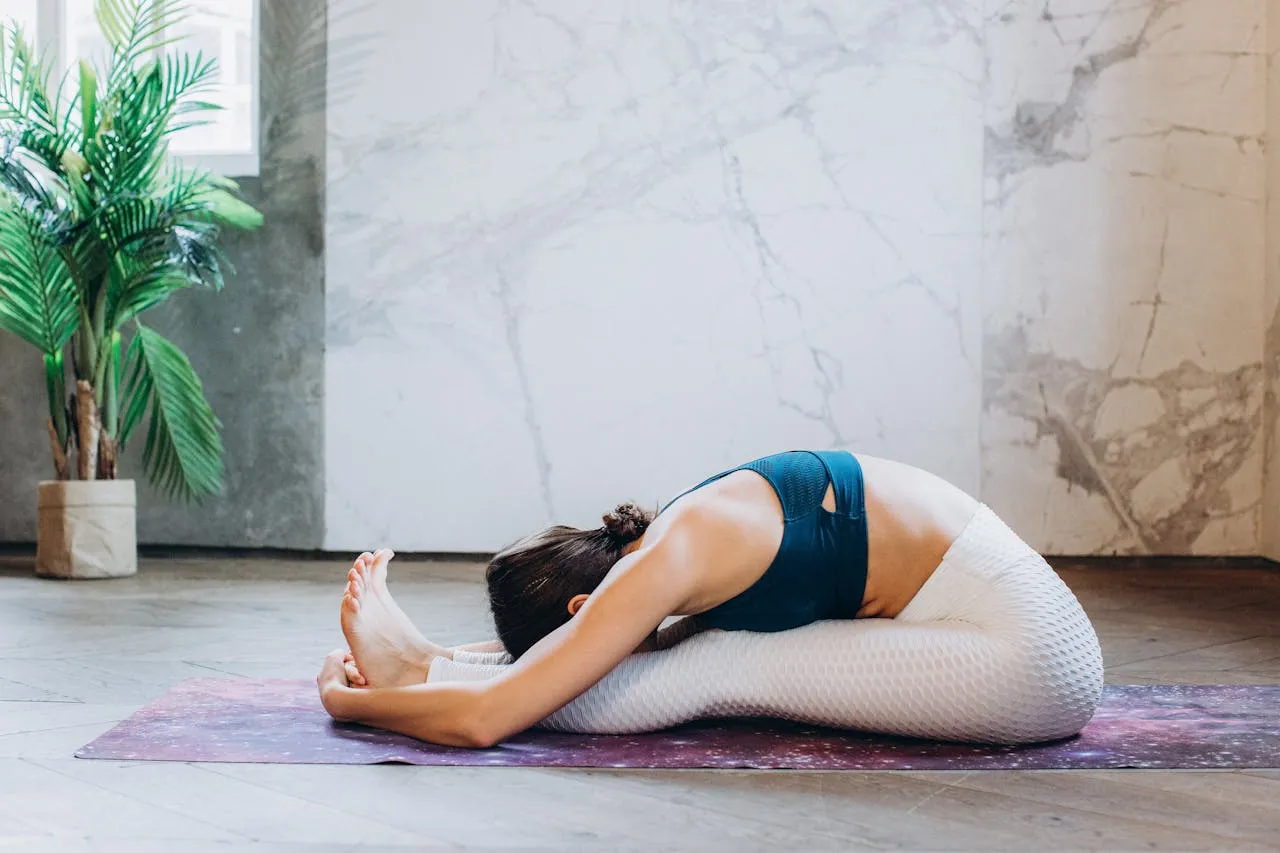
Strength Training
Strength training can also be effective in the morning, especially when performing bodyweight exercises such as push-ups, planks, or lunges. If using weights, it is essential to warm up thoroughly beforehand.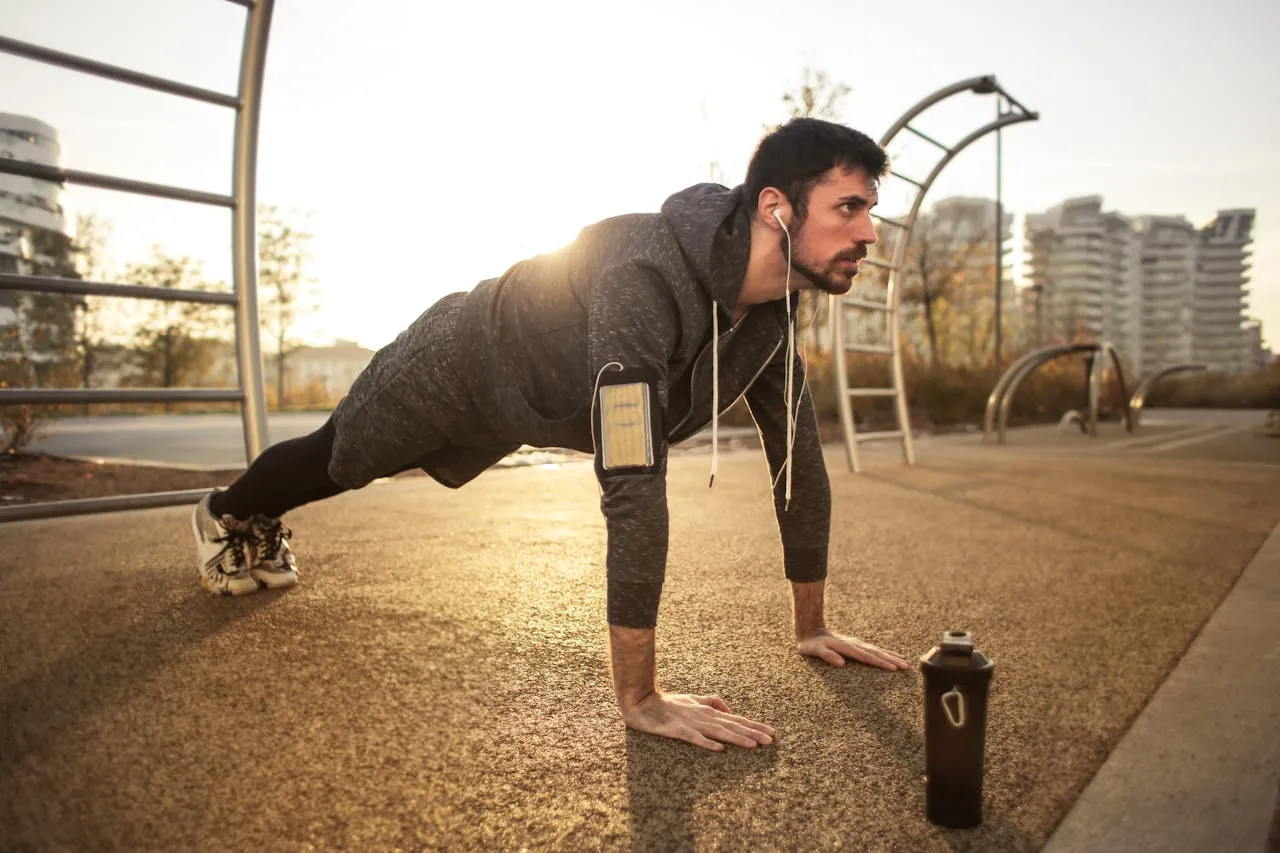
Evening Fitness: The Perfect End to the Day
Benefits of Evening Workouts
Better Physical Performance
Throughout the day, your body temperature rises, which leads to improved muscle and joint function. Your muscles become more flexible, your circulation is on the rise, and your lung capacity increases, meaning that you are often stronger and more enduring in the evening. This is especially true for intensive strength training or longer endurance runs, where you want to unleash your full potential.Effective Stress Relief
After a long, stressful day at work, an evening workout can work wonders. Exercise helps reduce stress hormones like cortisol and promotes the production of endorphins—the so-called "feel-good hormones." An evening workout can help you leave the day behind and unwind into the evening.Improved Recovery and Sleep Quality
Moderate exercise in the evening can enhance sleep quality. Physical exertion helps tire the body out for later, leading to deeper and more restorative sleep. However, it is advisable not to work out right before bed, as intense training can elevate heart rate and body temperature, making it harder to fall asleep.

Drawbacks of Evening Workouts
Lack of Time or Fatigue
The biggest disadvantage of evening workouts is that many people feel too tired or exhausted after a long day at work to motivate themselves. Overcoming the inner struggle can often be greater in the evening, and social commitments or other activities may lead to neglecting workouts.Poor Sleep from Intense Workouts
While moderate exercise in the evening can promote sleep, very intense workouts—especially just before bedtime—can have the opposite effect. The body remains highly alert after a vigorous workout, which can lead to difficulties falling asleep.
Recommended Evening Workouts
Longer Endurance Workouts
In the evening, you often have more time and energy for longer endurance sessions such as jogging, cycling, or swimming. Since your body is at its most capable during this time of day, you can plan more intensive or longer workouts.Strength Training
In the evening, your body is warmed up and ready for intense strength training. Exercises like squats, deadlifts, or bench presses can often be performed more efficiently in the evening as your muscles work stronger at this time.Yoga for Relaxation
If you prefer unwinding in the evening, a yoga or stretching workout can help release muscle tension and calm the mind. Gentle movements and deep breathing exercises serve as the perfect conclusion to the day.
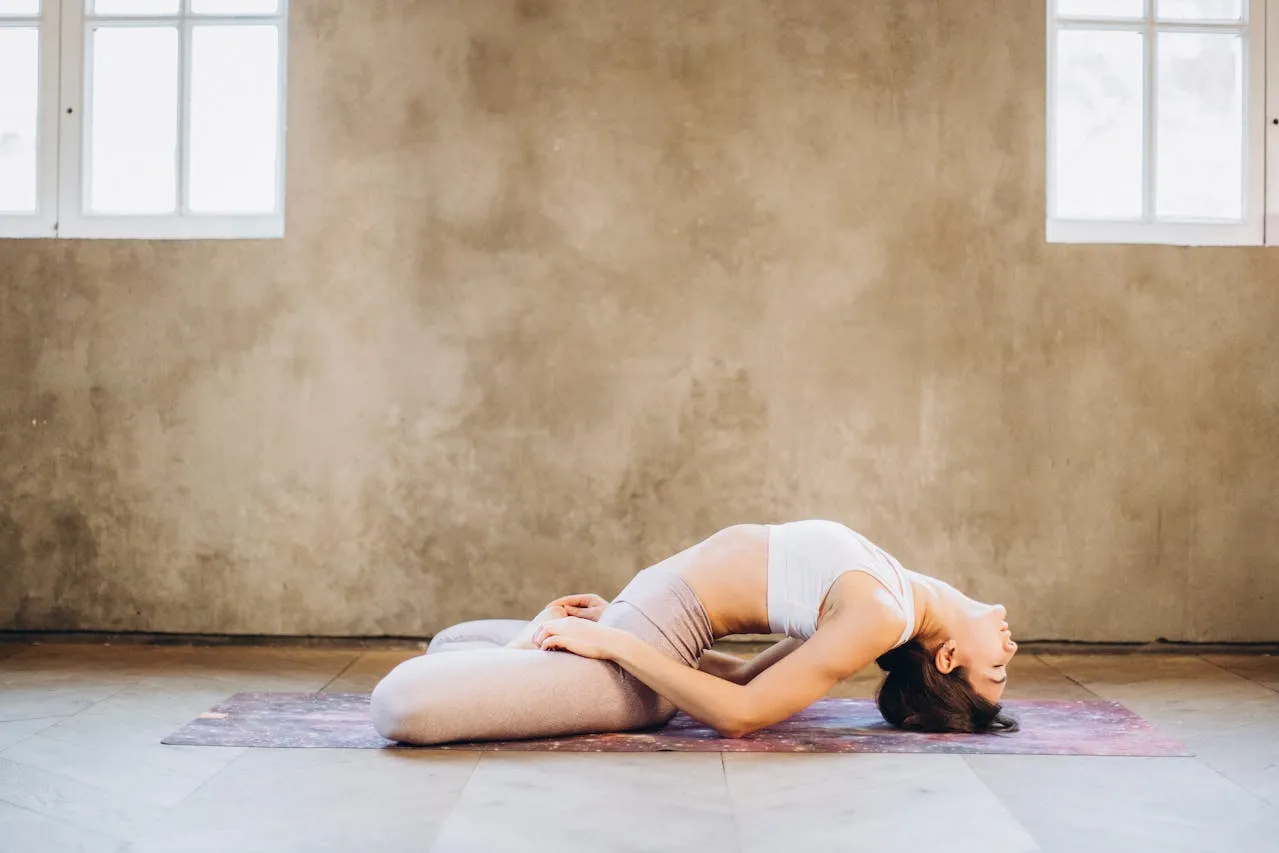
Morning vs. Evening: Which is Better?
The question of whether it's better to work out in the morning or in the evening cannot be answered with a one-size-fits-all response. Both times of day have their advantages, and the decision depends on individual factors:
Time Management and Lifestyle
If you lead a hectic lifestyle and find it difficult to carve out time in the evenings, then a morning workout may be the better choice. Evenings can often bring unexpected obligations or simply fatigue. Working out in the morning allows you to do so before the day truly begins.
Physical Condition and Goal Setting
If you struggle to get going in the morning, you might want to train in the evening when your body is warmed up and more capable. However, those looking to burn fat or boost their metabolism could benefit from a morning workout, as calorie expenditure is increased throughout the day.
Personal Preferences
Ultimately, personal preference plays a significant role. Some enjoy the calm and quiet of the morning, while others prefer to unwind and engage in physical activity after a long day.
Tips for Morning and Evening Routines
Morning:
- Prepare your gear the night before. Lay out your workout clothes and shoes, fill your water bottle, and plan your meals.
- Start slowly. If you are not accustomed to morning workouts, begin with short, 15 to 20-minute sessions and gradually increase.
- Eat lightly. A banana or a small smoothie is often enough to provide energy for your workout without weighing you down.

Evening:
- Schedule your workout right after work to avoid becoming too tired or distracted by other obligations.
- Make sure to allow at least one hour between your workout and bedtime for your body to wind down.
- Avoid heavy meals before exercise to prevent digestive issues.

Conclusion
Ultimately, the best time to work out is the one that fits best into your lifestyle and aligns with your body. Whether you choose a morning or evening workout is a personal decision influenced by your lifestyle, goals, and energy levels. More important than the time of day is consistency. Discover what works for you and stick with it—that is the key to long-term success.


